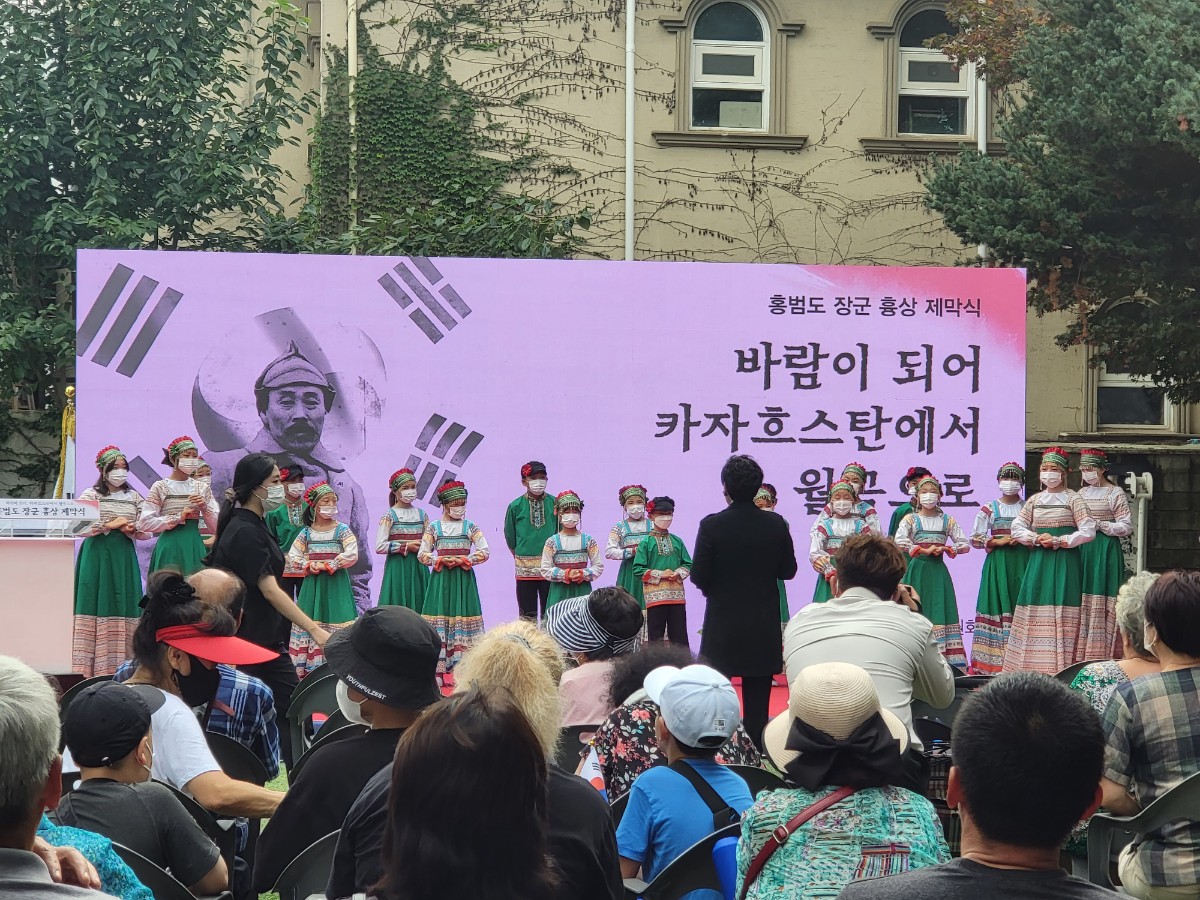Why Don’t Russian "Relokants" (War Immigrants) Choose South Korea as their Place of Permanent Residence?
Following the start of the war in Ukraine, many Russians began leaving Russia en masse. One of the main reasons for this situation was the desire to avoid military conscription. Essentially, these migrants chose visa-free countries – e.g., Armenia, Azerbaijan, Turkey, Uzbekistan, Kyrgyzstan, Tajikistan, Mongolia, etc. – as their new place of residence.
A significant number of highly qualified personnel that evaded mobilization are IT specialists who were able to work remotely. This migration wave had a positive impact on the economy of the receiving countries. For instance, in Armenia, 4000 Russians have registered as individual entrepreneurs since the beginning of the Ukrainian war. Additionally, among the top 20 IT companies recently established in Armenia, several have ties to Russia. Additionally, Russian relokants (war immigrants) have a positive impact on the economy of the host country solely by residing there. They receive a good salary in Russia and spend it in their new place of residence. South Korea also allows visa-free entry for Russian citizens. However, the number of Russians who permanently relocate to Korea is very low. This is due to several factors.

Fig. 1: Ceremony for the unveiling of a statue of General Hong Beom-do, a Korean independence fighter who led Korean forces in Manchuria but later sought refuge with his forces in the Soviet Union. He was among the approximately 171,781 ethnic Koreans forcibly relocated to Kazakhstan and Uzbekistan by Stalin, many of whom had fought for Korean independence. Due to this legacy, the Koryein communities of Central Asia tend to be regarded favorably by the South Korea public as the descendants of independence fighters, and the Koryein community in South Korea, in turn, utilizes this cultural capital to great effect. (Photograph by Ka Young Ko, 2023)
Russians are only permitted to stay in South Korea for a maximum of 60 days at a time, with a total of 90 days allowed within a six-month period. After this period has passed, it can be difficult to re-enter the country through the ‘visa run’ procedure (temporary exit from the country to a neighboring country and subsequent re-entry). Russians can visit other countries briefly and return to Korea after the visa expires, but the re-stay period is limited to one month. To re-enter the country again, a waiting period of three months is required. Due to these restrictions, it is nearly impossible for Russian citizens to stay in Korea for an extended period without a visa.
Additionally, South Korea has one of the lowest refugee acceptance rates globally, with a recognition rate of only 1.3 percent in 2021, the second-lowest among G20 countries. Furthermore, evading conscription is not a legal basis for refugee recognition in Korea. Therefore, even if Russians who evade enlistment apply for refugee status, the likelihood of being granted asylum is quite low. For instance, three Russians who lived in the terminal of Incheon International Airport in Korea for over a year and applied for refugee status were rejected by the Korean government, as reported by Korean media. All three individuals arrived in Korea in October 2022 and stated upon entry that they wished to remain in Korea due to their reluctance to serve in Russia’s military. They attempted to seek refugee status at the airport, but their applications were denied by the Korean Ministry of Justice, which stated that evading military service alone does not qualify them as refugees. According to data from the Korean Immigration Service, a record number of Russians (5750 people) requested political asylum in South Korea in 2023. This is 5.5 times more than in 2022, and more than the total number of Russian asylum applications in Korea from 1994 to 2019. However, it is very likely that only a tiny number of applicants will receive refugee status.
Another deterrent is the electronic authorization system for entry into Korea. K-ETA (Electronic Travel Authorization) is a system designed for citizens of countries who can enter Korea without a visa. In accordance with this, citizens of 112 countries, including Russia, must obtain a special electronic permit before traveling to Korea. The probability of refusal when obtaining this permit is typically very low. However, after the outbreak of the war in Ukraine, many Russian men were frequently denied this permit. The K-ETA system has complicated the entry of Russians into Korea. In October 2022, four yachts carrying 23 Russians fleeing military service attempted to enter the ports of Ulleungdo Island and Pohang in Korea. However, Korean authorities only allowed two Russians to enter, denying the rest due to a lack of prior electronic travel authorization. On October 11, two yachts carrying 15 Russians departed from Korean ports. The Russians who sailed from Ulleungdo informed the coast guard that they intended to return to Vladivostok. The other two yachts traveled to Thailand.
Although Russian relokants prefer other countries over South Korea due to the above restrictions, the number of those who have made their way to the other countries of Northeast Asia is even lower. This is because although Russia and China share a border, there is no visa-free travel agreement between the two countries (at present). Japan also does not allow visa-free entry for Russian citizens. A reconsideration of its migration policy by the Korean government may help attract high-quality human resources from Russia, including IT specialists, and this in turn may bring about a change of perceptions towards Russian relokants in the wider Northeast Asian region.
Vadim Slepchenko, Senior Research Fellow, Migration, Refugees & Diaspora Research Center, Seoul National University Asia Center. Email: omegaplan@snu.ac.kr